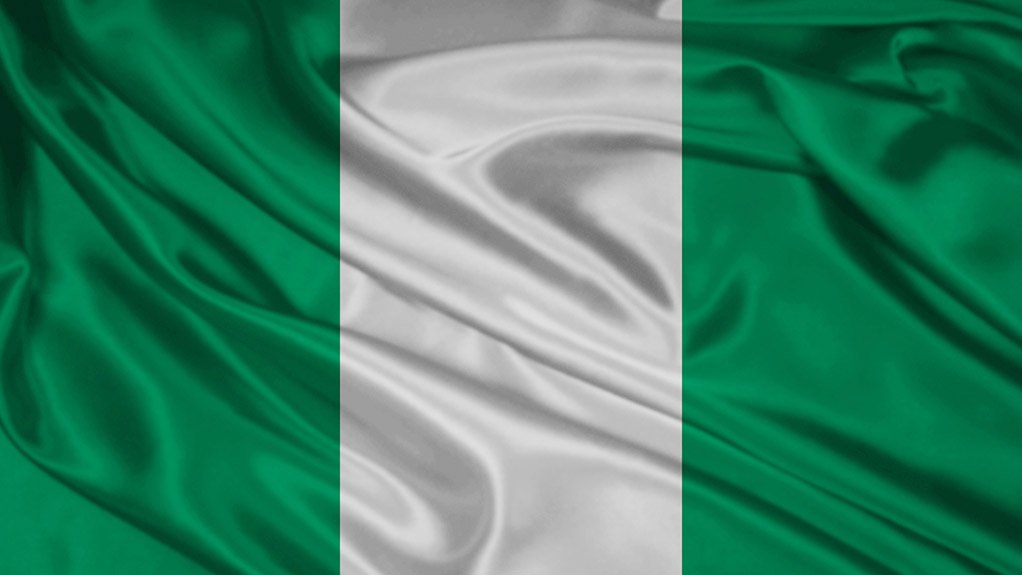Nigeria's creaking grid collapsed for the fifth time this year in the early hours of Monday, highlighting the country's inability to provide reliable power after raising tariffs for wealthier consumers by 230% only two weeks ago.
Nigeria's electricity regulator on April 3 approved an increase in tariffs for the 15% of consumers who use the most power, as the government tries to reduce the $2.6-billion worth of subsidies for the sector.
The head of the Nigerian electricity regulator, Musiliu Oseni, defended the tariff increase saying it will mean an end to grid collapses and bring investment into the sector.
National supply data showed the supply of power via the grid fell to around 50MW early on Monday from 4 020MW the previous day.
The Transmission Company of Nigeria, which oversees the grid, has not yet issued a statement on the cause of the latest near complete halt to the supply of power via the grid and did not immediately reply to an inquiry by Reuters.
Gas shortages and vandalism have triggered grid collapses in the past.
The new rate raises the tariff to 225 naira per kilowatt hour from a maximum of 68 naira for about 15% of customers, who will enjoy a maximum of 20 hours of supply daily.
Some analysts have criticised the tariff increase because it pushes more power to wealthier consumers from the meagre 4 000MW available for distribution to over 200 million Nigerians from the grid.
Nigeria, Africa's most populous nation, faces perennial power shortages that have contributed to years of weak economic growth.
Its electricity sector faces a myriad of problems, including a failing grid, gas shortages, high debt and vandalism. The country has 12 500 megawatts of installed capacity, but produces only about a quarter of that, leaving many Nigerians reliant on expensive diesel-powered generators.
EMAIL THIS ARTICLE SAVE THIS ARTICLE
To subscribe email subscriptions@creamermedia.co.za or click here
To advertise email advertising@creamermedia.co.za or click here











